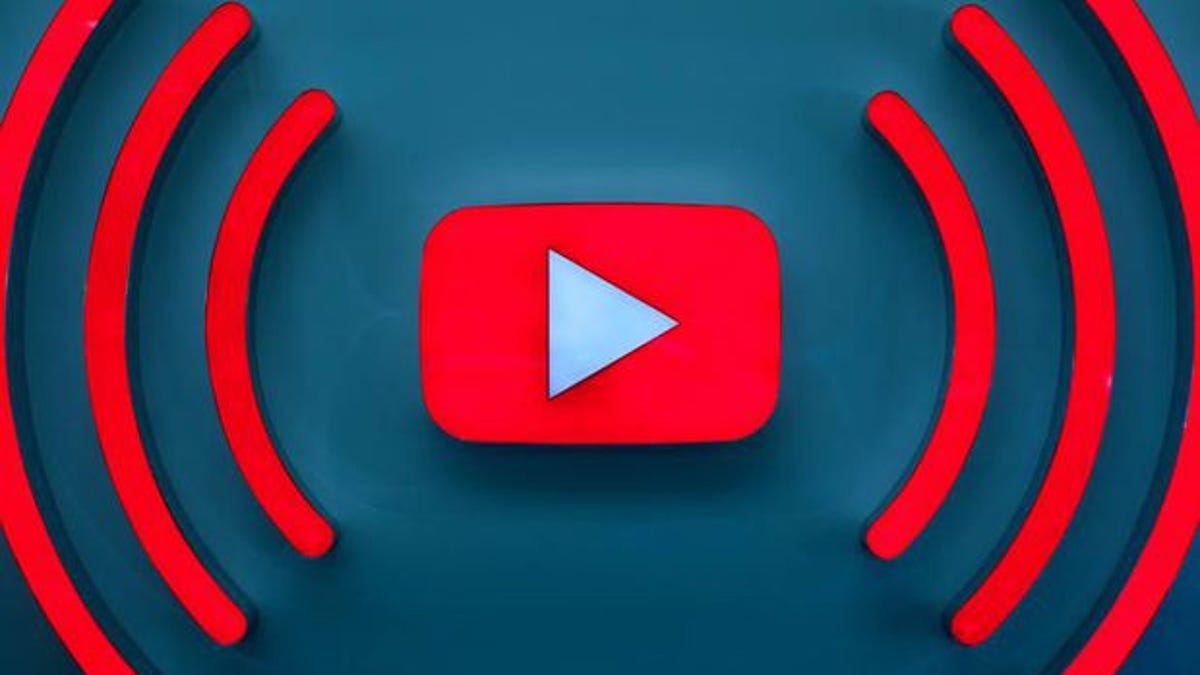Google will drop YouTube from Amazon Fire TV, Echo Show on Jan. 1
Google, which owns YouTube, and Amazon are going to war over streaming services and plenty more. YouTube is also disappearing again from Amazon’s Echo Show video device.

YouTube is cutting access to Amazon's FireTV and Echo Show
If you've got an Amazon Fire TV, say goodbye to using it to watch YouTube.
The Google-owned video service is cutting access to the Amazon device on Jan. 1, a Google spokeswoman said on Tuesday. YouTube is also cutting access Tuesday for a second time to Amazon's Echo Show video device.
The moves signal that the ongoing battle between the world's biggest search engine and the world's largest online retailer may get messier in 2018.
"We've been trying to reach agreement with Amazon to give consumers access to each other's products and services," the Google spokeswoman said in a statement. "But Amazon doesn't carry Google products like Chromecast and Google Home, doesn't make Prime Video available for Google Cast users, and last month stopped selling some of Nest's latest products.
"Given this lack of reciprocity," she said. "We are no longer supporting YouTube on Echo Show and FireTV. We hope we can reach an agreement to resolve these issues soon."
Google and Amazon have been in an intensifying competition on multiple fronts, with Amazon pushing deeper into Google's turf of online advertising and Google moving into Amazon's territory of e-commerce and smart speakers. This competition over the years has spilled out into public view and often resulted in fewer options for customers. Still, it's unclear whether Google's latest move should be seen as a negotiating tactic by the search giant or a sign of more fighting between the two companies.
In one of the most recent spats between the two tech powerhouses, YouTube vanished from Amazon's Echo Show device in September, with Google saying Amazon's implementation of YouTube on the Echo Show violated its terms of service. The Show, unveiled in May, is essentially an Amazon Echo smart speaker with a built-in touchscreen display. YouTube returned to the Show last month, just in time for Black Friday, by directing users to YouTube's website, but Google is cutting access again.
"Echo Show and Fire TV now display a standard web view of YouTube.com and point customers directly to YouTube's existing website," an Amazon spokeswoman said. "Google is setting a disappointing precedent by selectively blocking customer access to an open website. We hope to resolve this with Google as soon as possible."
Two years, ago, Amazon banned Google's Chromecast and Apple TV from its website, helping Amazon direct its customers toward its own Fire TV and away from competing devices. Amazon at the time said the move was to ensure its customers were buying the best devices for watching its Prime Video service and to help "avoid customer confusion."
Apple said earlier this year that Prime Video is coming to Apple TV. Prime Video isn't available on Google Chromecast or Android TV devices, but it is on mobile Android devices.
Google and Amazon have been in a high-stakes battle to get their devices into your home. Amazon released the Echo, a voice-controlled speaker and smart home hub, in 2014. Google followed suit last year with its rival Google Home. Apple plans to join the market with its $350 HomePod. Still, Amazon is the dominant leader in the smart speaker world, with Echo devices owning 73 percent of the market. Google is far behind with 27 percent, according to a report by Consumer Intelligence Research Partners.
In September, Amazon unveiled a new line of Echo devices, including the Echo Plus, the Echo Spot and an updated Echo. In October, Google unveiled a slew of hardware products to get its Assistant, a digital helper akin to Amazon's Alexa and Apple's Siri, to more users. The new devices include an updated version of the Google Home smart speaker and a Google Home Mini device.
Despite the direct competition between the Google Home and the Amazon Echo, the two companies continue to work together for some connected home devices. For instance, Google's parent company, Alphabet, continues to let people control their Nest thermostats and cameras using an Echo. The Nest thermostat is available on Amazon, but last month other Nest products disappeared from the site, including the Nest Thermostat E, a cheaper version of the device, and the Nest Secure alarm system.
Right now Google Home can't be bought on Amazon either. Neither can Google's Chromecast video streaming device. Google has been in negotiations with Amazon to try to get both company's products on each of their platforms, a person familiar with Google's thinking told CNET. That could mean, for example, having Prime Video, Amazon's streaming video service, on Google's Cast streaming products.
"It should be about users of Google and Amazon, not Google and Amazon," the person said.
First published Dec. 5, 11:15 a.m. PT
Update, 1:48 p.m.: Adds comment from Amazon.
The Smartest Stuff: Innovators are thinking up new ways to make you, and the things around you, smarter.
Special Reports: CNET's in-depth features in one place.



